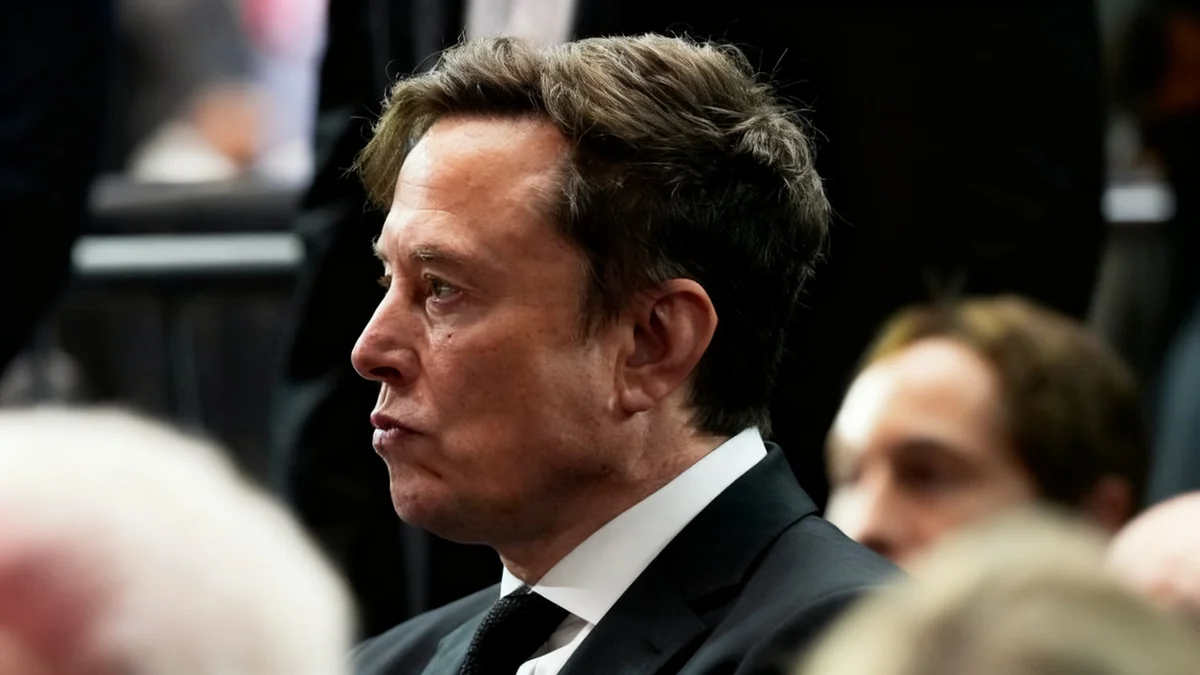Saudi Arabia is positioning itself to become a global center for artificial intelligence infrastructure, leveraging its significant energy surplus to power the next generation of data centers. This strategic move is a core component of the Kingdom's Vision 2030 plan, aimed at diversifying its economy beyond its traditional reliance on oil exports.
Major technology firms are increasingly looking to the Middle East for infrastructure development, and Saudi Arabia's abundant and underutilized energy resources present a unique competitive advantage. The strategy involves attracting data-intensive AI computation to the country, effectively transforming energy into a new, easily exportable digital commodity.
Key Takeaways
- Saudi Arabia plans to use its surplus energy to power large-scale AI data centers.
- The initiative is a central part of the Vision 2030 economic diversification strategy.
- AI is projected to contribute over $135 billion to the Saudi economy by 2030.
- US-based AI chip company Groq is a key partner, working with Aramco Digital on a major data center project.
- Challenges include water scarcity for cooling and the need to develop a skilled local workforce.
The Energy-to-Data Strategy
The fundamental concept driving this initiative is the economic efficiency of moving data versus moving energy. Transporting electricity over long distances is expensive and inefficient, while transmitting data across the globe is comparatively cheap and fast.
Jonathan Ross, CEO of the AI chip company Groq, highlighted this advantage during a conference in Riyadh. He explained that building data centers in locations with underutilized energy is the most logical approach.
"What you don’t want to do is build a data center right next to people, where it’s expensive for the land, or where the energy is already being used," Ross stated. "You want to build it where there isn’t... where the energy is underutilized. And that’s the Middle East, so this is the ideal place to build out."
By establishing massive computing facilities, Saudi Arabia aims to perform AI processing for global clients and export the results. This effectively converts its stationary energy assets into valuable, transportable data services, creating a new pillar for its post-oil economy.
Vision 2030 and Economic Projections
The push into AI is not an isolated effort but a cornerstone of Saudi Arabia's ambitious Vision 2030 framework. The plan seeks to reduce the nation's dependence on oil revenue by fostering new industries, with technology at the forefront.
AI's Economic Impact
According to research by PwC, artificial intelligence is expected to generate significant economic gains across the Middle East. The region could see a total benefit of $320 billion. For Saudi Arabia specifically, AI is projected to contribute $135.2 billion to its economy by 2030, which would represent 12.4% of its GDP.
This economic forecast places Saudi Arabia in a strong position, though it faces intense regional competition. The United Arab Emirates, for example, is also heavily investing in AI and is projected to see the technology contribute 13.6% of its GDP by the same year. The CEO of Humain, a state-backed AI company, has publicly stated an ambition to become the "third-largest AI provider in the world, behind the United States and China."
Key Partnerships and Infrastructure Projects
To realize its ambitions, Saudi Arabia is forging strategic partnerships with leading technology companies. A prominent example is its collaboration with Groq, a California-based firm specializing in chips designed for AI inference—the process of putting AI models to use.
Groq is working with Aramco Digital, the technology division of the state oil giant Saudi Aramco, to build what is being described as the "world’s largest inferencing data center." This project underscores the scale of the Kingdom's investment and commitment to becoming a leader in AI computation.
The partnership is supported by significant financial backing. Earlier this year, reports confirmed that Saudi Arabia invested $1.5 billion in Groq to help expand its operations. This capital infusion is critical for scaling up the manufacturing of Groq's specialized chips, which are produced in New York.
Focus on Localized AI
Beyond general infrastructure, the collaboration extends to developing sovereign AI capabilities. Groq is assisting the Saudi Data and AI Authority in creating its own large language model (LLM). This model is being specifically trained on local and regional data sets to provide more relevant and accurate results for users in the Kingdom. "It’s optimized for interfacing with the kingdom," Ross explained, noting its access to a rich database of information about the local region that global LLMs lack.
Navigating the Challenges Ahead
Despite the strategic advantages, Saudi Arabia's path to becoming an AI superpower is not without obstacles. Two primary challenges stand out: resource management and talent development.
Water Scarcity and Cooling
Data centers generate immense heat and require substantial amounts of water for cooling. This presents a significant challenge in an arid country like Saudi Arabia, where water is a scarce and precious resource. Developing sustainable and water-efficient cooling technologies will be critical for the long-term viability of these large-scale infrastructure projects.
The Digital Skills Gap
The Kingdom has historically faced a shortage of highly skilled digital workers. The rapid expansion of the AI sector will demand a large pool of talent, including data scientists, machine learning engineers, and infrastructure specialists. The government has initiated programs to upskill its citizens, but bridging this gap quickly will be essential to operate and maintain the advanced facilities being built.
While these challenges are significant, the wave of investment and strategic partnerships indicates a strong determination to overcome them. The success of this ambitious plan could redefine Saudi Arabia's role in the global economy for decades to come.





